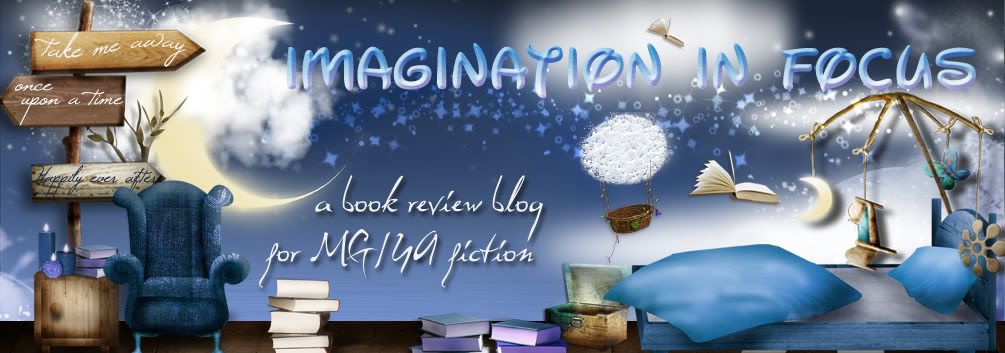
Okay, I guess I'm a writer no matter what, but my alter ego would be a published writer!
This is incredibly on the 'random' side, but I was going through some of my old spirals and I found this note - or series of notes - from my mom. Senior year of high school, I was trying so desperately to finish a particular story that I'd been developing all throughout high school, and having the worst time of it. My mom (who is an English teacher) wrote me these notes over the course of that year, and now I've stumbled upon them again! They were exactly what I needed to read.
I don't know if these notes will mean anything to anybody else, but I just wanted to put them out there :)
Truths You Must Believe to be an Efficient Writer
1. You can only control you. You have no power over what other people write, what messages
they send, or the content in their stories. You cannot control any of that. Don’t write as a reaction to others. It’s like running: don’t look at the people next to you, or behind you, only look ahead and your fixed goal.
2. A successful story is like a body. First, you have to hash out the plot (skeleton). Only when you have your “start-to-finish” story can you go back and add layers, like literary elements and messages/ethics. Make the skeleton before you put on the muscles and the skin.
a. When you’re first developing your story, don’t get ahead of yourself. Avoid thinking, This is so shallow, this is so superficial! That’s what 2nd and 3rd drafts are for. The most important thing, for the moment, is developing the story.
3. This is your world, and these are your characters. They belong to you and no one else. Just as you can’t control what other people write, don’t let them control how you tell your story. This is your chance to be in charge – use it wisely. Writing may be therapeutic, but it should not be vindictive.
4. Don’t mistake your exhaustion for a lack of talent. Most writers, when they are honest with themselves, recognize their talent. They know that they have stories needing to be told and characters who just won’t go away. But it’s not going to be easy, either. If you find yourself stumped, it’s not because you’re untalented…it’s because you’re stuck. And at some point, you will get yourself out. This is the fork in the road where “Fun” and “Easy” go their separate ways.
5. Flexibility is not a suggestion, it is a must. This ties in with the previous point. If you find yourself stuck in a rut, don’t immediately start over. Granted, there may come a time when you have to start over, but don’t be quick to jump to that conclusion. It is good to have a rooted understanding of the message you want to convey, or the goal you want to reach, but flexibility is being able to take different routes to achieve your desired end.
6. Suspend all timetables. Now, timetables may work great for some authors, but those authors are different from you. Realize that a good story should have no expiration date: it may take you six months or six years to complete a 1st draft. The moment writing becomes a burden, a chore, an obligation, you fall victim to resentment and allow bitterness to seep in. Writing is not competitive, either. It does not matter in the least how long it took certain authors to complete their stories – faster or slower, this is your life and this is your project.
a. It may be of some interest if “So-and-so” had a hard time of it, too, and it can certainly be of comfort to know that you are not alone. But don’t let inspiration turn into a crutch. Those authors are now enjoying their place in the sun; if you want your place, you have to climb over the hills just like they did.
7. Outside forces (culture, etc) are as important or irrelevant as you make them. This goes well with #1 and #3. Don’t be intimidated or afraid by what people may think. You listen to your drummer and keep in step with its beat like Thoreau advised. Mathematics is in your favor that someone, somewhere, will like what you have to say, and someone, somewhere will be unhappy with what you have to say.
8. Live in the moment. When you are writing your story, all time suspends. “Live in the moment” may be too much of a carefree way to deal with school, or work, or life in general, but it is a very good principle for writing. When you are writing - or editing - it is not the time to be thinking about publishing. That time will come. It will come. The future is both exciting and terrifying; don’t give it any more attention than it deserves.
a. Remember Dad’s quote…*
a. Remember Dad’s quote…*
9. This is more than a story – it is a world. You are not writing realistic fiction. You are writing fantasy. You are more than just a writer – you are a traveler, an archaeologist, a historian, a scientist, a philosopher. Make your world come alive. The places you create cannot be reached by boat, or plane, or train, or car – therefore you must be an artist and paint a vivid picture of your world. Don’t skimp on the creativity film.
10. Whatever you do, work at it with all your heart. This is why you should have no concrete timetable, this is why you should live in the present, this is why you must shut out all distractions. In the end, you are not just writing for your own gratification. You want to share your worlds with others – you dare to hope that your stories might be things of enjoyment for others people. That is why it is so important to get this right – not perfect, right. Perfection is not the goal – telling your story to the best of your ability - that is the goal. Take all the talent that has been given to you and use all you can. Your story – and everything in it – is a part of you.
a. Every character is important and has something to offer
b. Every scene explored in Hi-Def
c. Every word carefully chosen (this is will happen in the 2nd/3rd draft phase)
d. The story – in its perpetual completion – should be both macro and micro. This will eventually happen, but it cannot happen until a basic plot is taken from start-to-finish.
b. Every scene explored in Hi-Def
c. Every word carefully chosen (this is will happen in the 2nd/3rd draft phase)
d. The story – in its perpetual completion – should be both macro and micro. This will eventually happen, but it cannot happen until a basic plot is taken from start-to-finish.
_________________
Wow, developing a story really is a lot like math. I never thought I’d see the day when I’d see the beauty in formulas and step-by-step equations. In a lot of ways, life is like a math equation. Problems happen when we miss a step in the formula, and we wonder why our answers turn out funny and (dare I say it) incorrect. I think that writing is a little bit the same way.
Well, that’s all I have for right now.
Well, that’s all I have for right now.
* I'm a little embarrassed to put this on here, because I'm afraid some might, ahem, not like it! But my good'ol dad has a saying (and he got it from his dad...) and it goes like this:
"If you've got one foot in yesterday,
and the other foot in tomorrow,
you're pissing on today!"
I know, that's horrible, right?!?! I'm apologizing now! :)














